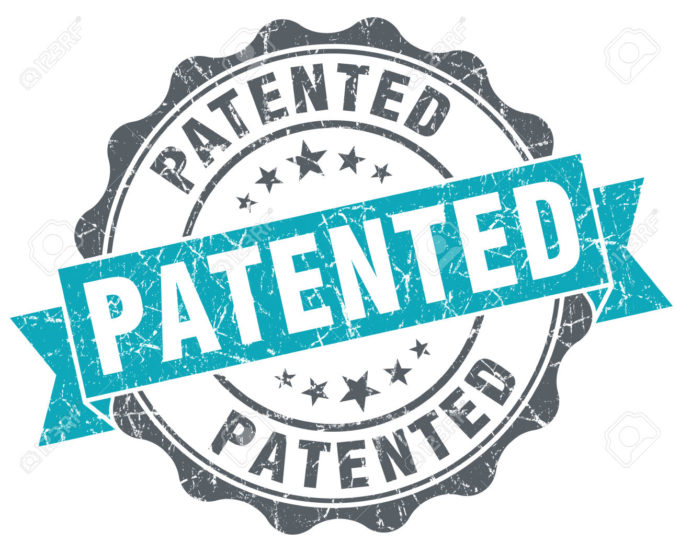
In re TC Heartland: U.S. District Court Denied TC Heartland’s Writ of Mandamus to Transfer Patent Infringement Suit
By Emily Chan – Edited by Evan Tallmadge
In re TC Heartland LLC, 821 F.3d 1338 (Fed. Cir. 2016)
In April 2016, the Federal Circuit denied TC Heartland LLC’s (“Heartland”) writ of mandamus. Hartland requested the court order the U.S. District Court for the District of Delaware to dismiss or transfer the patent infringement suit initiated by Kraft Foods Group Brands LLC (“Kraft”). In rejecting Hartland’s request, the court explained that a writ of mandamus is an “extraordinary remedy appropriate only in exceptional circumstances” and Hartland did not meet this bar. In re TC Heartland LLC, 821 F.3d 1338, 1341 (Fed. Cir. 2016).
This case arose from a suit filed by Kraft in the U.S. District Court for the District of Delaware on January 14, 2014. Kraft asserted that Heartland’s sale of liquid water enhancer products infringed three of Kraft’s patents. After the court denied Heartland’s motion to dismiss under FRCP 12(b)(2) for lack of personal jurisdiction, the defendant filed its writ of mandamus.
A writ of mandamus is appropriate only if the following conditions are satisfied: 1) the petitioner must have no other adequate means to attain the relief he desires; 2) the petitioner has the burden to show a right to mandamus is “clear and indisputable”; 3) the issuing court must be satisfied that the writ is appropriate under the circumstances. Id. In the instant case, the court held that Hartland failed to show the right to mandamus was clear and indisputable and so didn’t reach the other factors. See id.
Heartland argued that it was entitled to writ of mandamus for two reasons: first, it did not “reside” in Delaware for venue purposes, according to the statute governing venue for patents, 28 U.S.C. §1400(b), and, second, the district court lacked personal jurisdiction over it. See id. The crux of the residence argument is that 28 U.S.C. §1391(c) gives a broad definition of residence, one that Heartland falls within, “except as otherwise provided by law.” Hartland argues that §1400(b)’s narrower residency definition for patent cases supersedes §1391(c) and should control.
The court rejected Heartland’s residency argument for two reasons. First, in VE Holding Corp. v. Johnson Gas Appliance Co., the court had held that the definition of corporate residence in the general venue statute, §1391(c), applied to §1400(b). 917 F.2d 1574 (Fed. Cir. 1990) (cited in Heartland, 821 F.3d at 1341). Subsequent wording changes to §1391(c) from Congress also broadened, not narrowed, the statute’s reach. See Heartland, 821 F.3d at 1341. Second, the court held that, Congress’ addition of the words “except as otherwise provided by law,” did not invalidate the statute’s applicability to patent venue cases. See id. at 1341-42. The court’s reasoning hinges on the fact that §1400(b) does not define the word “resides” when the defendant is a corporation, which means that applying the definition from §1391(c) to patent venue cases is not invalid. See id. at 1342.
The court rejected Heartland’s personal jurisdiction argument regarding personal jurisdiction primarily based on the its ruling in Beverly Hills Fan Co. v. Royal Sovereign Corp. There, the district court held that “the due process requirement that the defendant have sufficient minimum contacts with the forum was met where a nonresident defendant purposefully shipped accused products into the forum through an established distribution channel and the cause of action for patent infringement was alleged to arise out of those activities.” 21 F.3d 1558, 1565 (Fed. Cir. 1994) (cited in Heartland, 821 F.3d at 1344).
Despite Heartland’s failure to convince the district court, the Supreme Court recently granted the company’s delay petition. This allows its petition for writ of certiorari to be filed by September 12, 2016. Dennis Crouch paints a hopeful picture, stating that the Supreme Court’s willingness to hear the case suggests that Heartland’s challenge “still has legs.”
Samantha Kuhn provides detailed legal background of the case, but asserts that, “[w]hile TC Heartland’s arguments are couched in statutory interpretation and analysis of legal precedent, policy concerns are understandably at the forefront in this debate.” Nadia Aksentijevich also points to broader policy concerns, writing that, “the Federal Circuit was unwilling to upset the status quo allowing plaintiff-friendly venues (like the Eastern District of Texas) to remain popular for patent infringement action filings.”